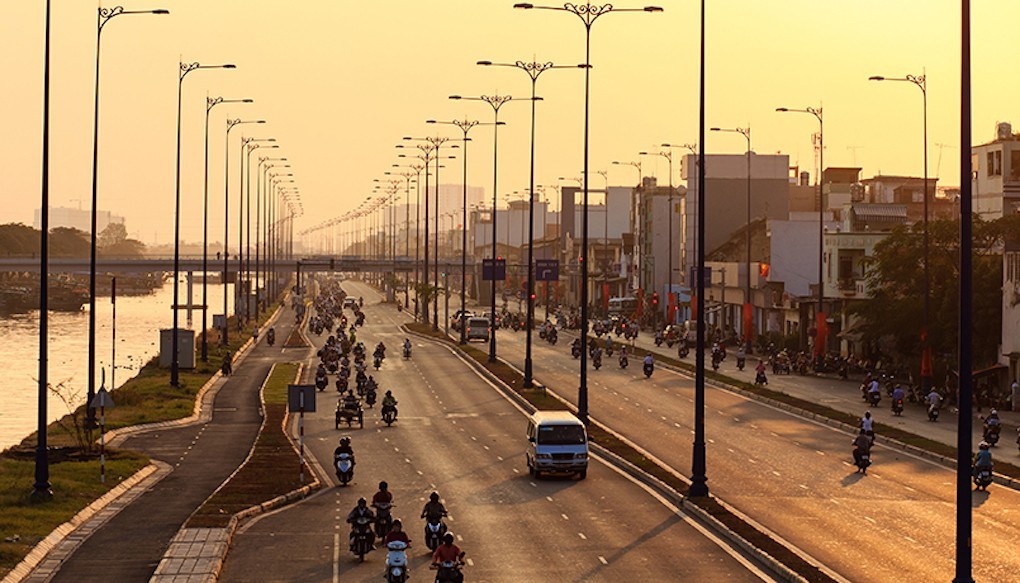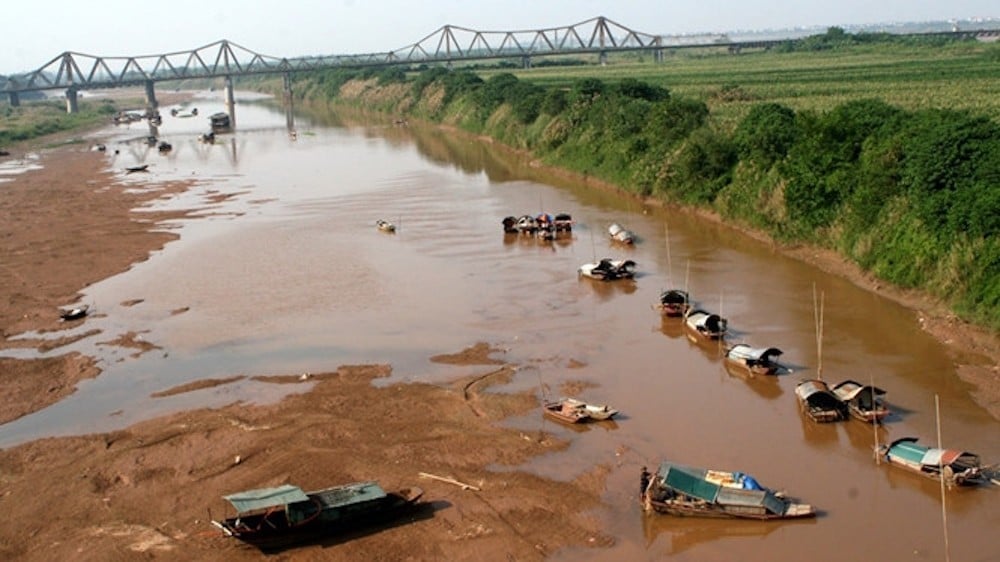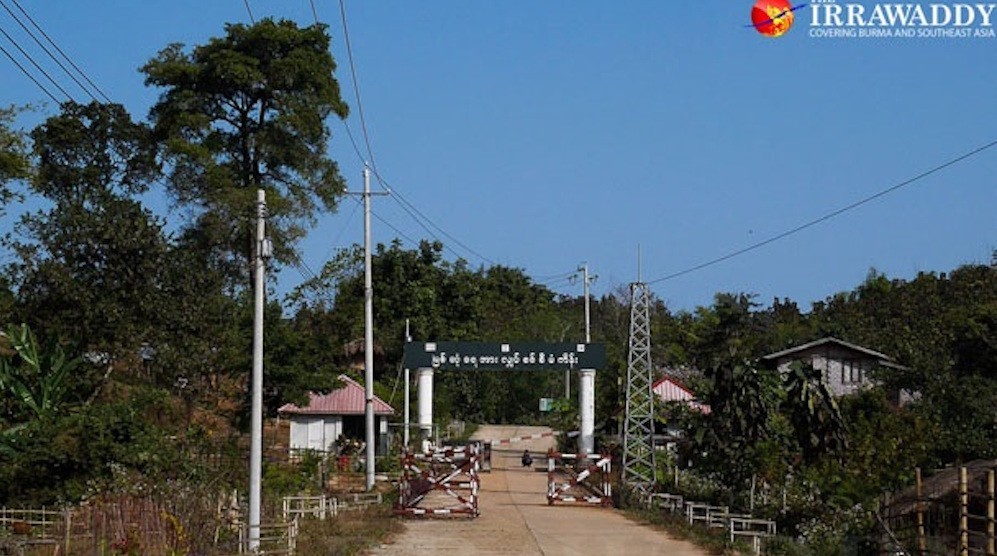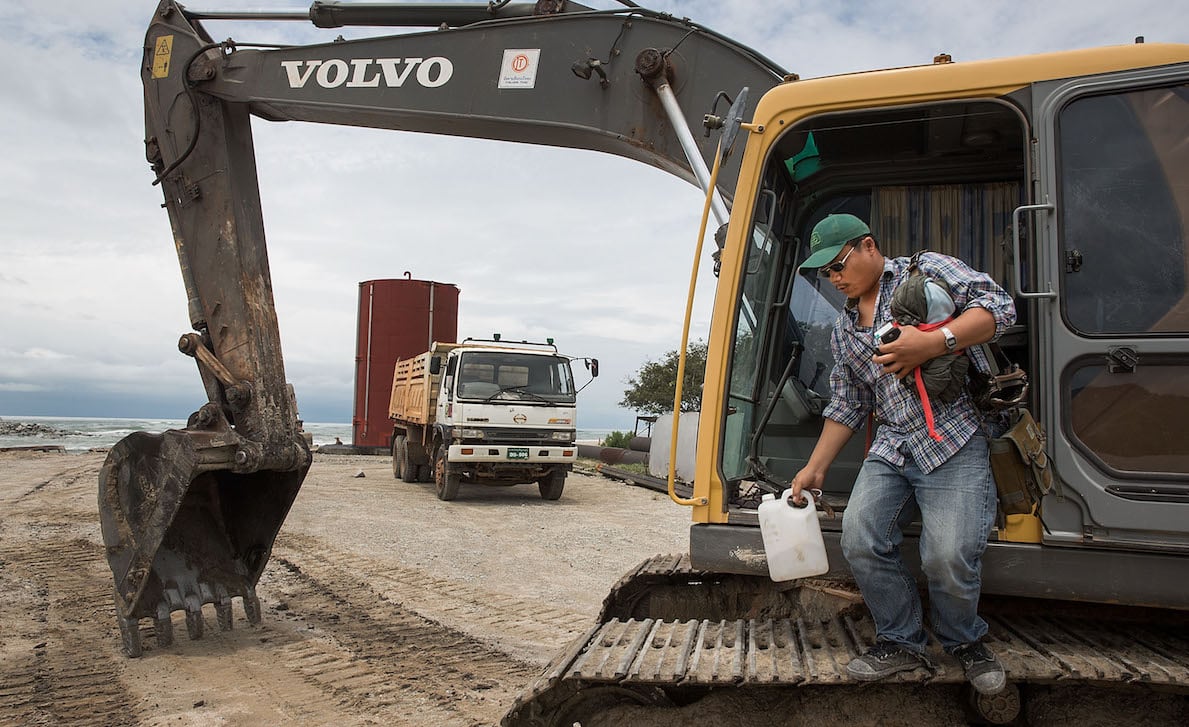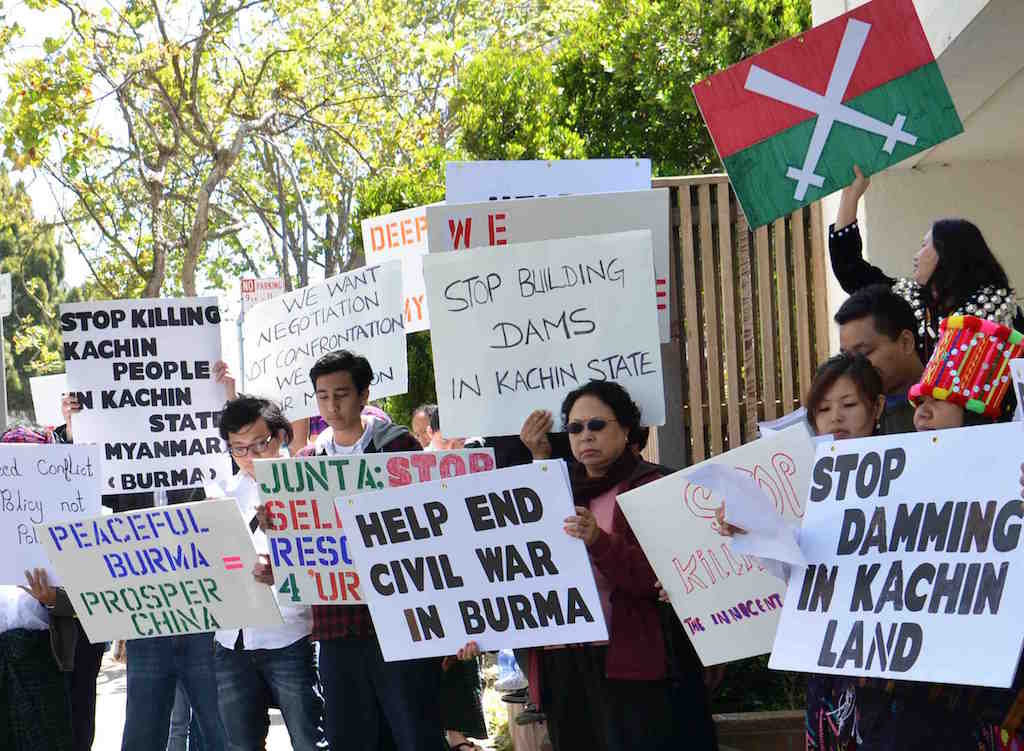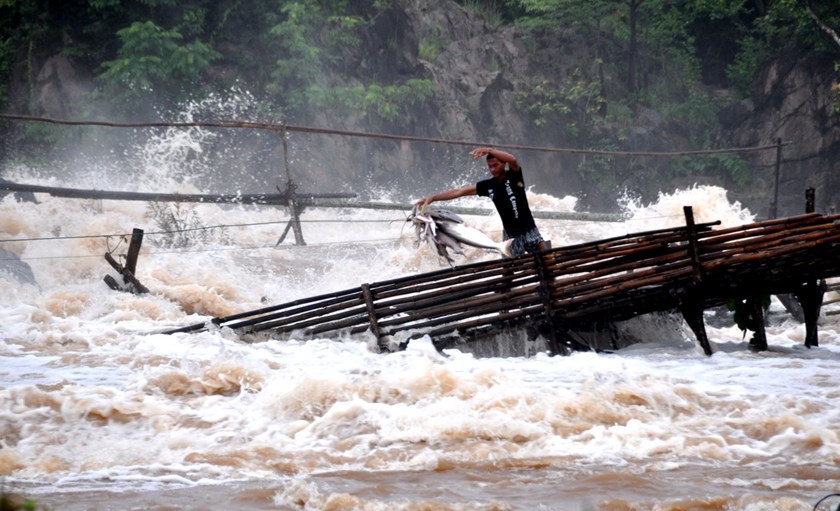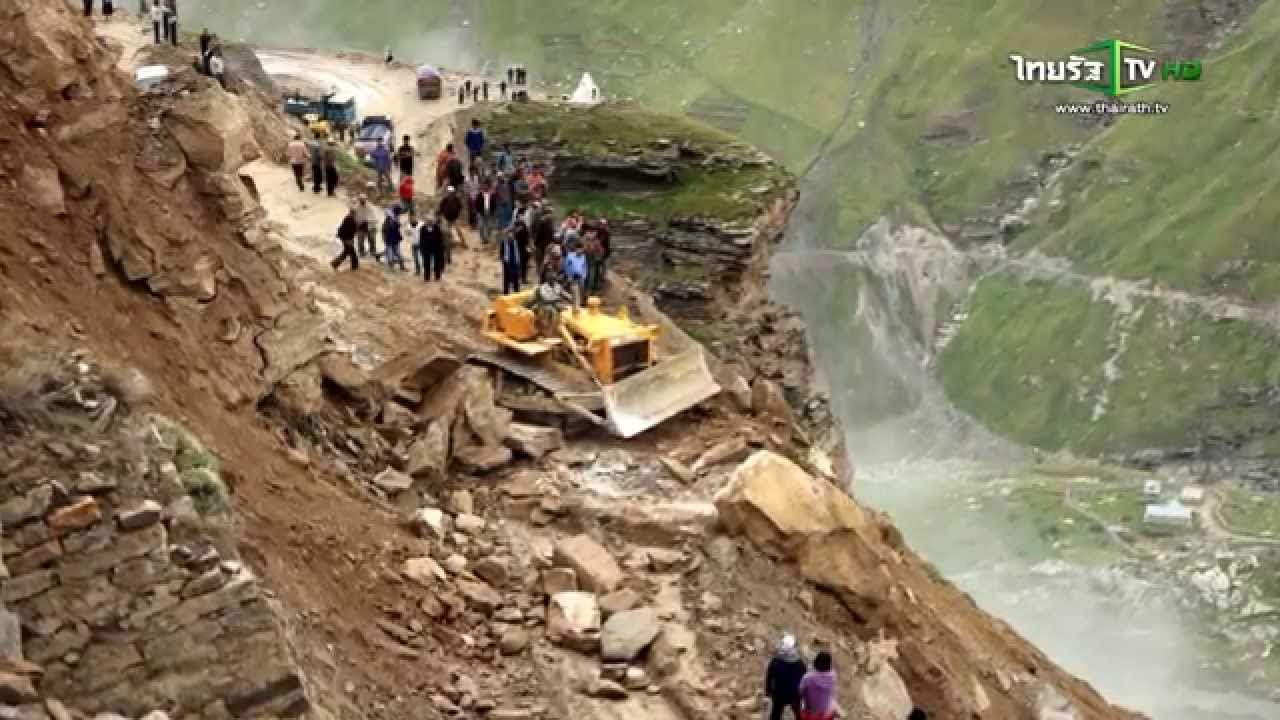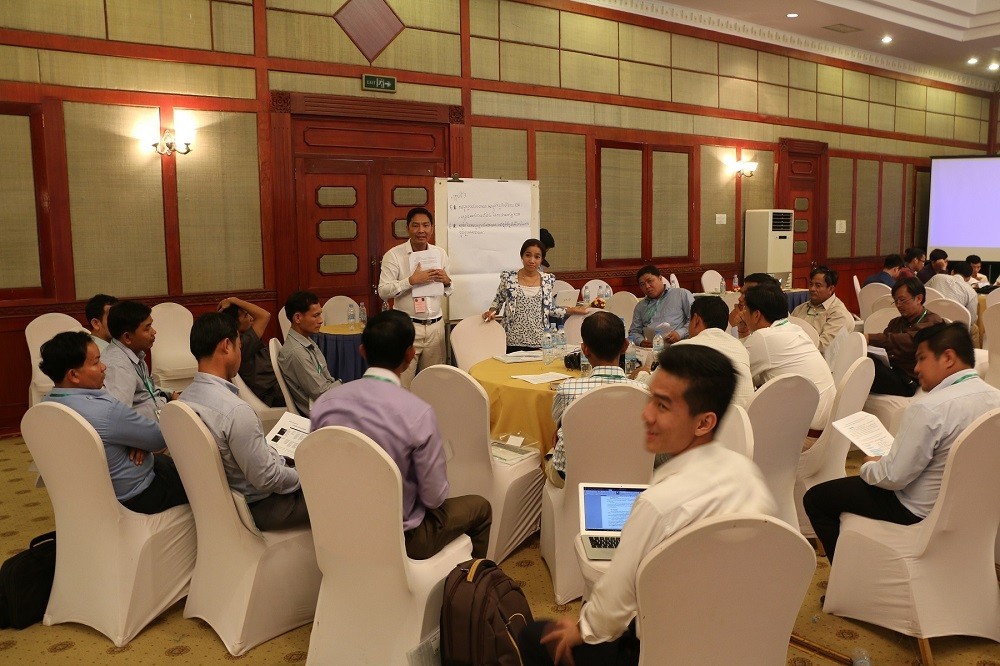Inclusive Development International (IDI) released Making Inroads: Chinese Infrastructure Investment in ASEAN and Beyond, its new report that seeks to shed light on the rapidly changing landscape of infrastructure finance in the region which has been driven by China.
Category: Region
Selected environmental stories from media outlets in the Mekong region and beyond.
China’s Three Parallel Rivers national park threatened by illegal mining
China’s best preserved forests in south-west China’s Yunnan province are under threat from illegal mining, according to a new report.
The study by Greenpeace shows mining and industry activity in the Three Parallel Rivers of Yunnan protected area is destroying pristine forests in one of the world’s most biodiverse regions. The researchers combined remote sensing data and field visits to show mining is leading to deforestation, water pollution and habitat loss in the mountains of north-west Yunnan on the eastern foothills of the Himalayas.
China’s lack of cooperation causing problems for Vietnam’s water resources programming
According to the Ministry of Natural Resources and the Environment (MARD), the total area of the entire Red-Thai Binh River basin is 169,000 square kilometers, of which 86,700 square kilometers, or 51.3 percent, belong to Vietnam, 81,200 square kilometers (48 percent) to China and 1,100 square kilometers, or 0.65 percent, to Laos.
Tong Ngoc Thanh, director of the National Center for Water Resources Planning and Investigation (NAWAPI), said at a workshop held recently that since China was uncooperative, and that it was difficult for Vietnam to get information for development programming about the water source in the upper course belonging to the Chinese territory.
New Commission to Decide Fate of Myitsone Dam in Kachin State
President Htin Kyaw on Friday formed a new commission to evaluate all proposed hydropower projects on the Irrawaddy River prior to their going ahead.
The committee formation comes a week before State Counselor Aung San Suu Kyi’s trip to China as Burma’s foreign minister.
Since the installation of the National League for Democracy (NLD) government in April, China has been lobbying for the resumption of the multi-billion dollar Myitsone Dam, which was being constructed with Chinese backing just downriver of the confluence that forms the Irrawaddy, in Kachin State, prior to a government suspension order in 2011.
Into the Zone: SEZs in the Mekong Region, Income…or Instability? (Part 2)
While neighboring Thailand’s Special Economic Zones are now progressing without much public consultation or review, Myanmar may be moving in the opposite direction. Its three SEZs which were launched in the waning years of the junta, are now under the direction of the civilian government fully aware of concerns raised by communities and independent researchers, and inclined to take stock of what their predecessors set in motion. At issue are a whole range of social and environmental grievances, as well as the viability of the projects themselves and to what extent they reflect the new leadership’s priorities.
Myitsone on agenda for China tour
The Chinese will certainly lobby on the suspended Myitsone dam project during State Counsellor Aung San Suu Kyi’s visit to China, Kyaw Zeya, director-general of the Foreign Affairs Department under the Ministry of Foreign Affairs, told a press conference.
Officials from the ministry, the Electric Power and Energy Ministry and the Border Affairs Ministry held a press conference on their undertaking in their first 100-day plans under the new government at the Information Ministry in Nay Pyi Taw.
China Gezhouba Group signs deal to construct 35-MW Xelanong 2 hydropower project in Laos
The China Gezhouba Group Corp. has signed an agreement with the Laotian government to develop a 35 MW hydroelectric plant in Laos’ southern Salavan province, according to reports from state news sources.
China Gezhouba will develop what is being called the Xelanong 2 project using a build-operate-transfer model, with construction of the US$72 million facility expected to take about 40 months.
Xelanong 2 and its 55-meter-high dam will be located on an unspecified tributary of the Mekong River and is part of the Laotian government’s effort to dramatically increase the availability of electricity to its population by 2020.
Other significant hydroelectric plants being developed in Laos include the 1,285-MW Xayaburi, 1,156-MW Nam Ou and 410-MW Xe-Pian Xe-Namnoy, amongst others.
Thilawa Zone B to start in November
Development of the second stage of the country’s first economic zone will begin with infrastructure including roads, electricity and water, said U Myint Zaw, general manager of Myanmar Japan Thilawa Development Limited.
“We will implement Zone B in phases. Once one phase is complete, we will start on the next one,” he said.
Meanwhile the smaller Zone A is around 90 percent complete, with US$760 million in foreign investment committed to the project across 400 hectares of land. The project is located to the south of Yangon.
Aung Sun Suu Kyi moves to clean up Myanmar’s murky jade trade
Myanmar’s new government has announced ground-breaking reforms to its $31bn (£23.7bn) jade industry in a move campaigners claim could signal “a new era of fundamental change” in a business long dominated by abuse, corruption and cronyism.
The decision to freeze any renewals of existing jade permits, and to suspend the licensing of new ones, follows a series of deadly landslides in resource-rich Kachin state, widespread protests against lack of regulations, and extensive NGO and media reports exposing social and environmental abuses in Myanmar’s jade trade.
Stakeholders Confirm Need for Public Participation in EIA Processes During Cambodia’s National Public Consultation Workshop
Mekong Partnership for the Environment Key stakeholders related to EIA in Cambodia provided feedback on Cambodia’s draft national guidelines on public participation in the environmental impact assessment (EIA) process during the country’s first national public consultation workshop on 19 July 2016 in Phnom Penh, Cambodia, organized by the Ministry of Environment with the Vishnu Law […]


